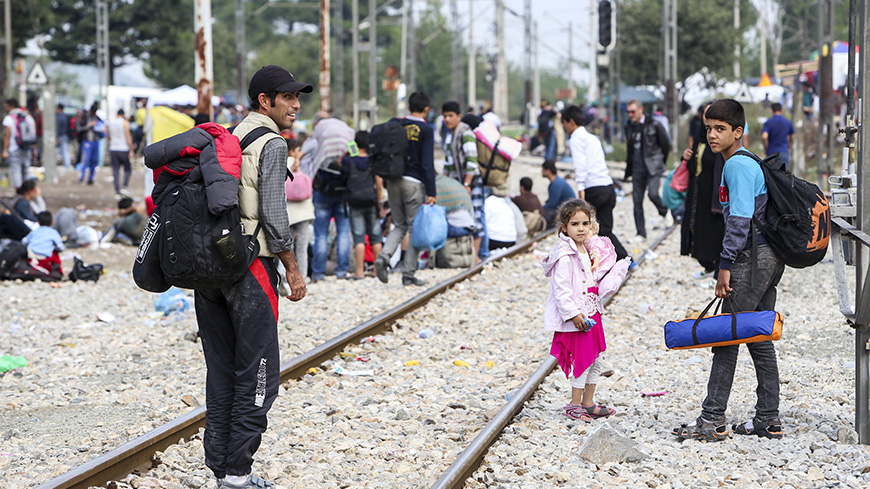On the eve of the European Anti-Trafficking Day (18 October), the Council of Europe’s Group of Experts on Action against Trafficking in Human Beings (GRETA) has warned of the increased risk of human trafficking created by restrictive immigration policies and failure to address the vulnerabilities of migrants and asylum seekers.
Helga Gayer, President of GRETA, said: “A growing number of people fleeing armed conflict, violence, and climate and humanitarian emergencies are pressed to migrate in unsafe conditions. Irregular migration status is a major vulnerability factor, making migrants an easy prey for unscrupulous criminals. Unaccompanied and separated children are particularly vulnerable to being caught up in the web of traffickers. Immigrants in regular situations can also fall victim to human trafficking and be exploited by legitimate businesses using deceptive recruitment methods and loopholes in labour market regulations.”
GRETA’s monitoring of the implementation of the Council of Europe Convention on Action against Trafficking in Human Beings has highlighted important gaps in the identification and protection of victims of trafficking among migrants and asylum seekers. Immigration policies are too often disconnected from the legal obligation to identify and assist victims of trafficking in human beings, and provide them with a recovery and reflection period, with negative consequences for the prosecution and punishment of traffickers. The practice of pushbacks at borders creates risks that trafficked persons are not identified and that returns lead to re-trafficking [see GRETA’s 10th General Report].
Statement by PACE Committee - European Anti-Trafficking Day: the crucial role of legislators in preventing and combating trafficking in human beings


